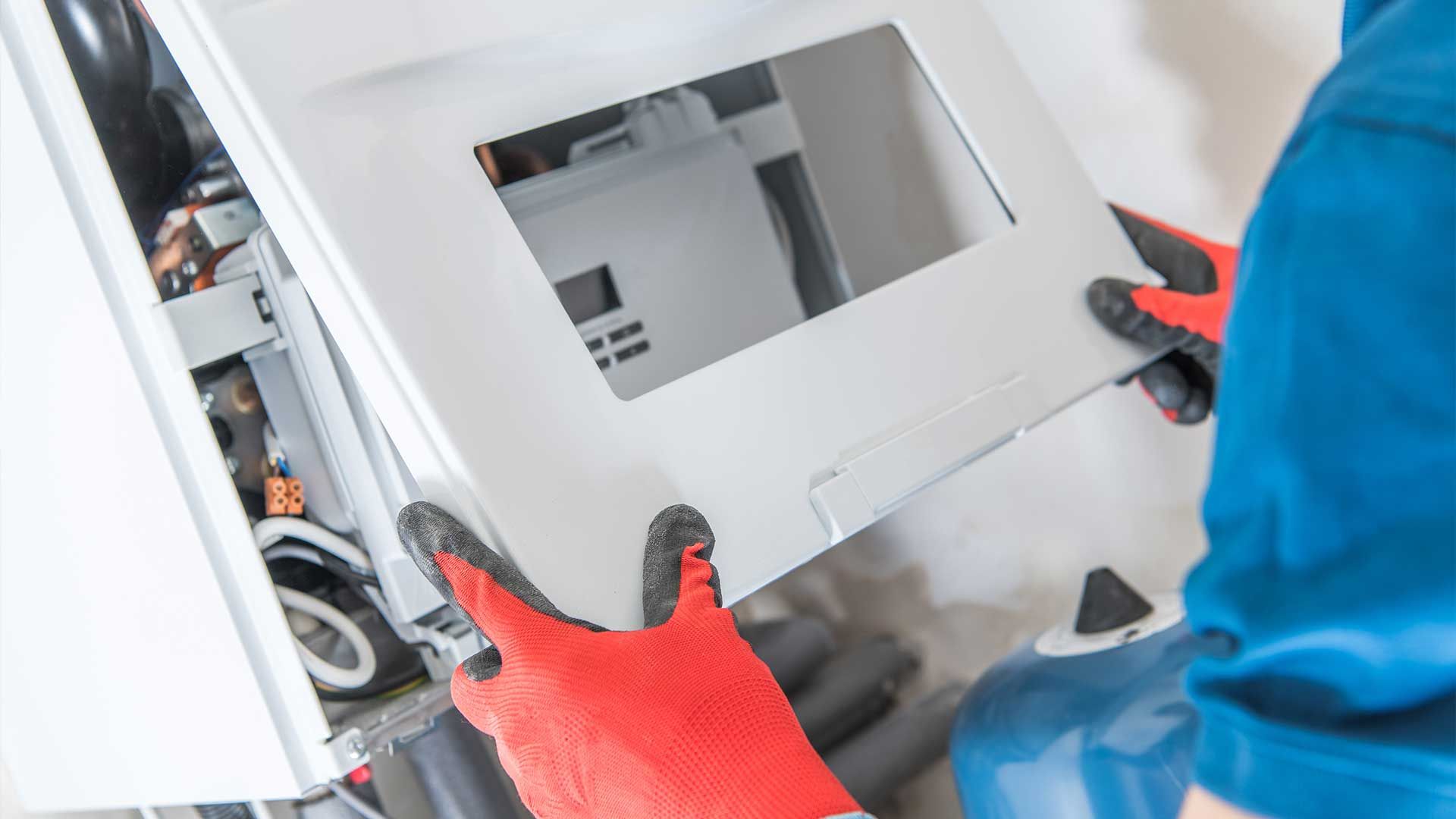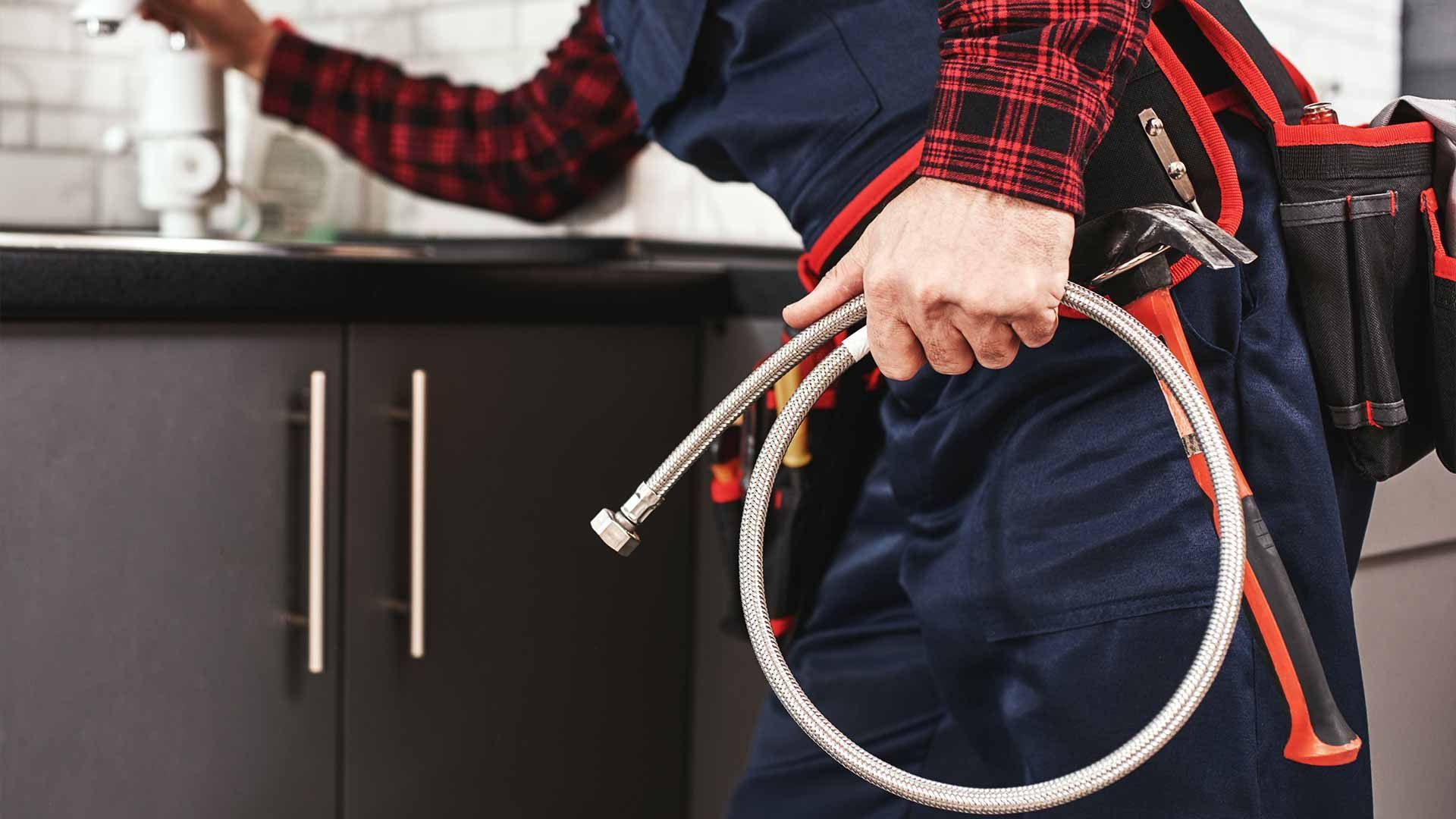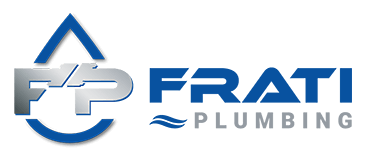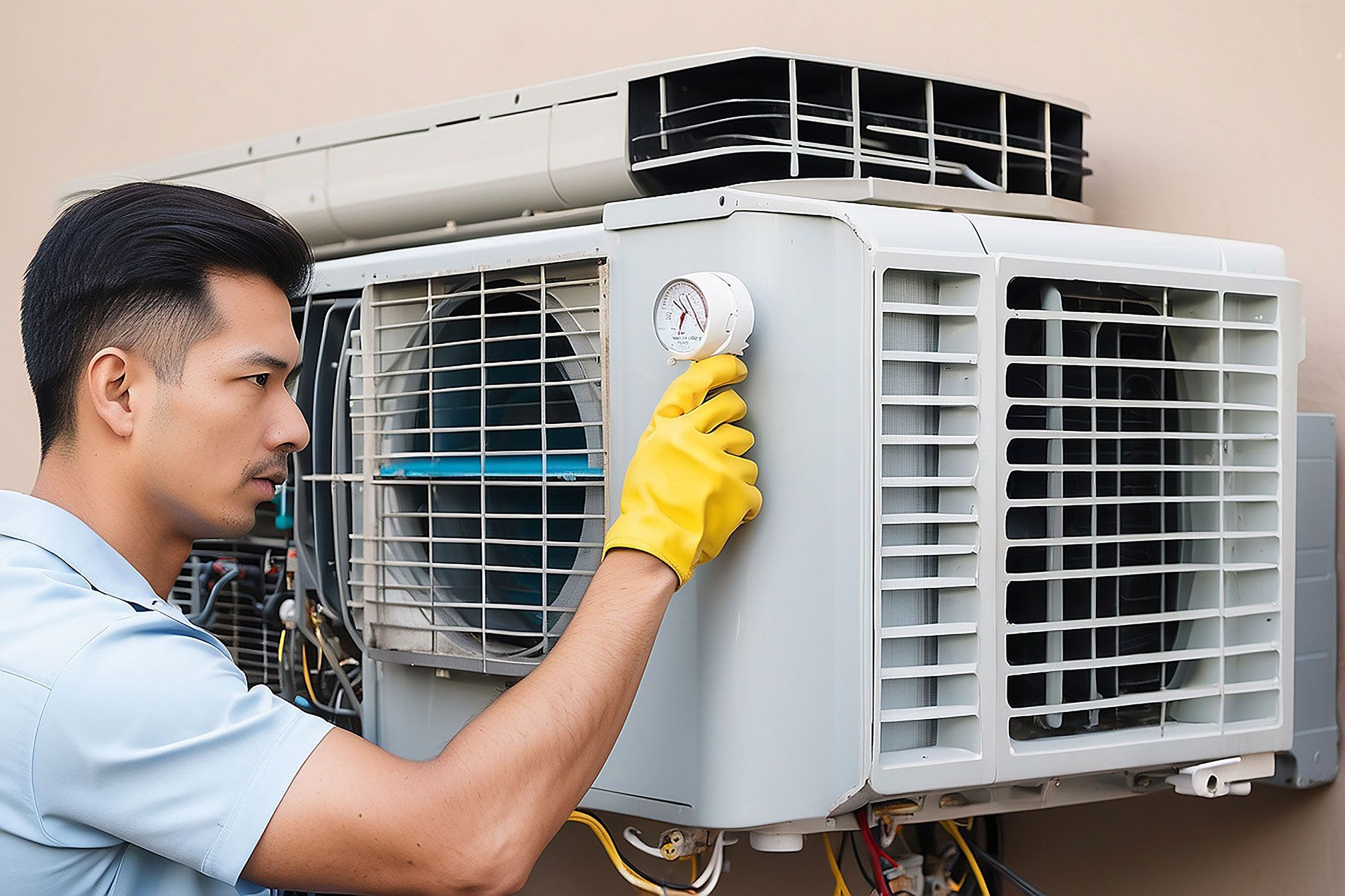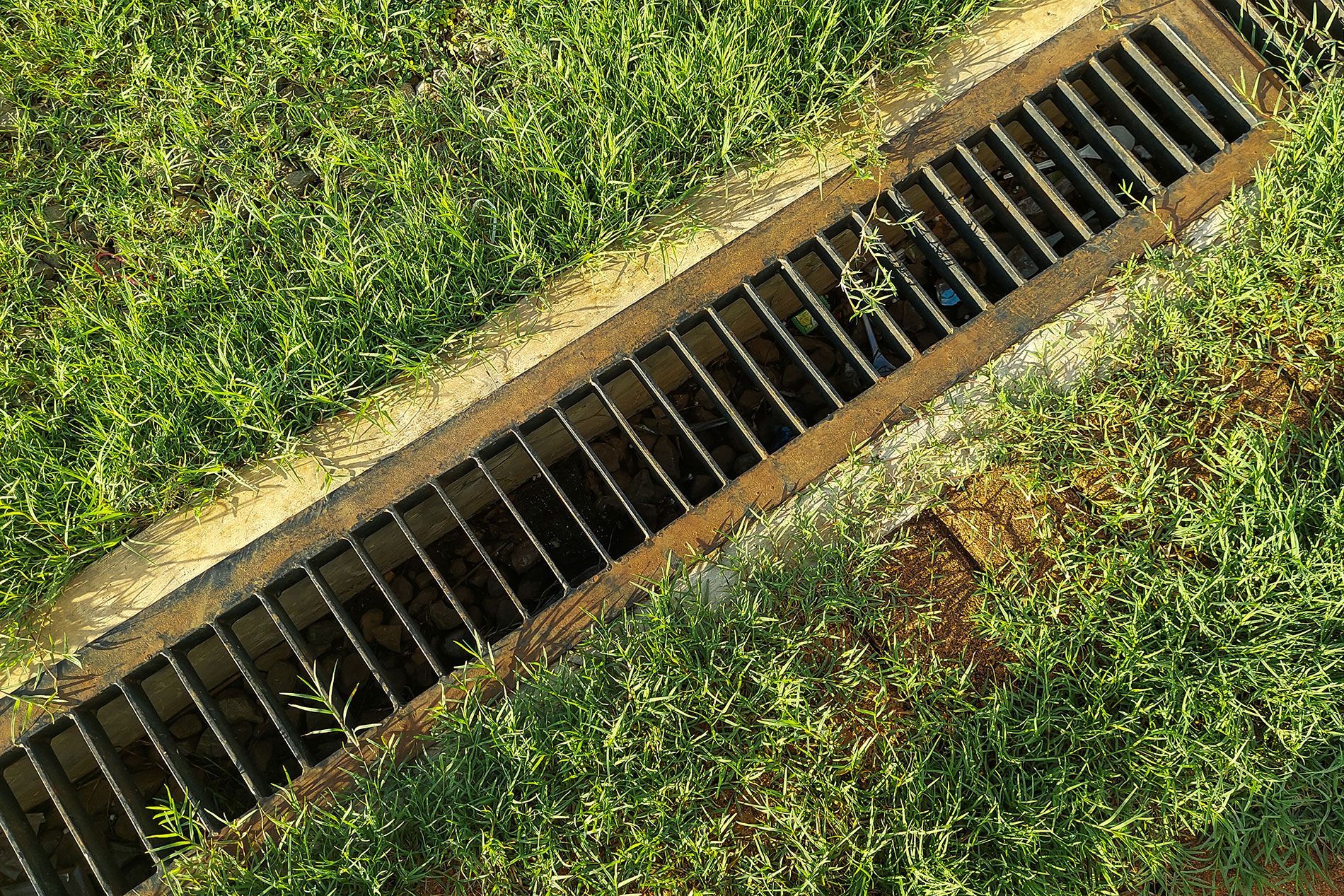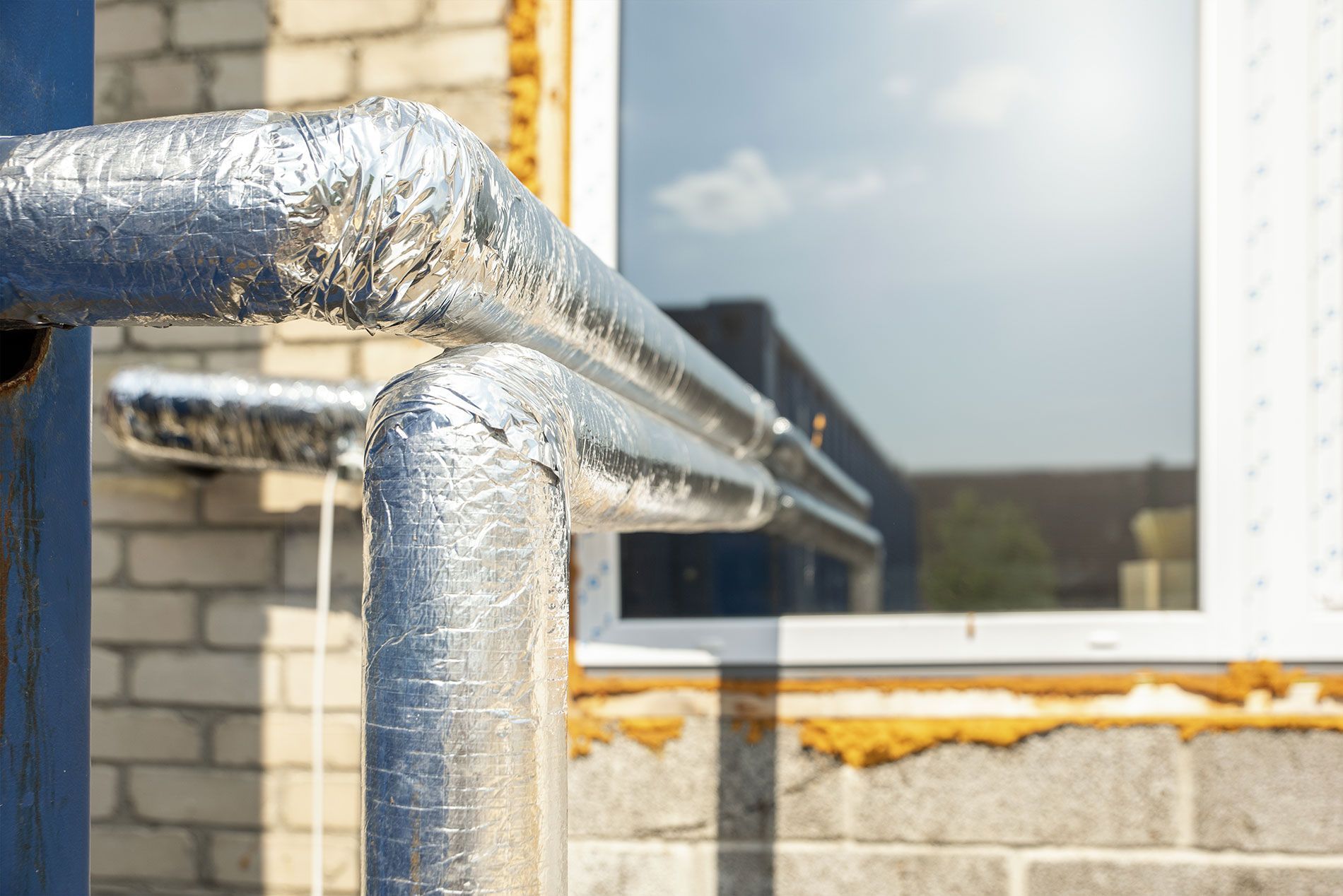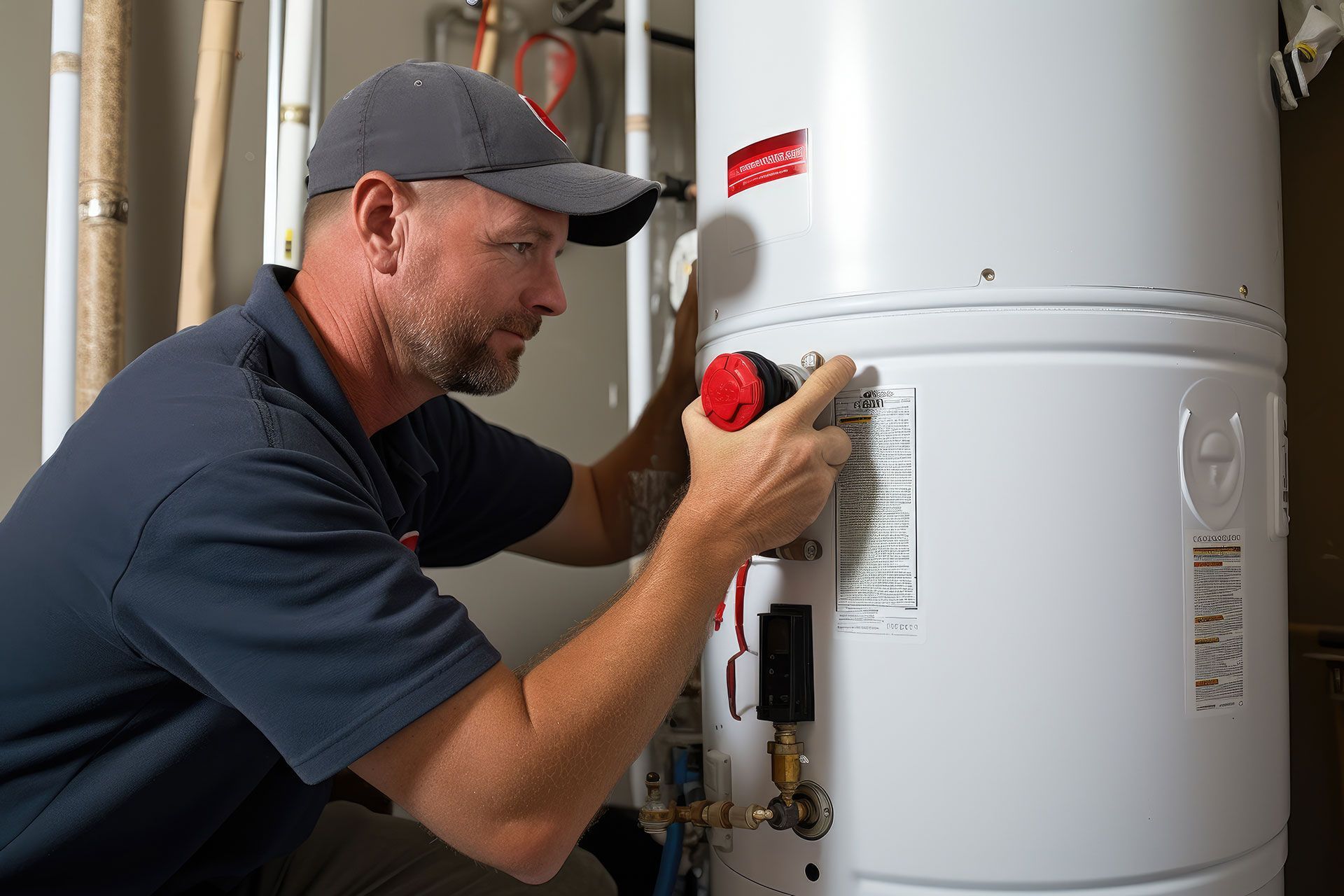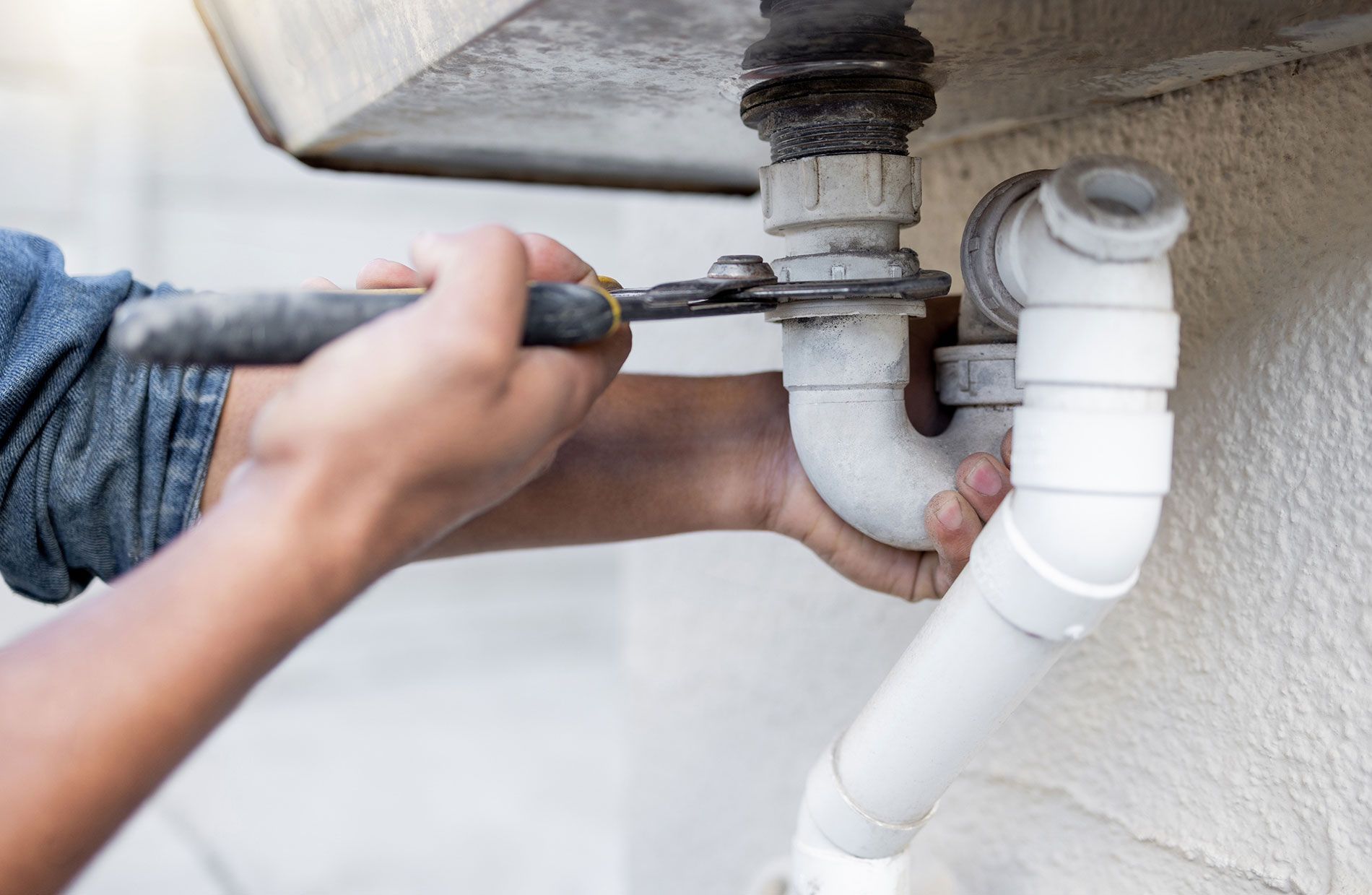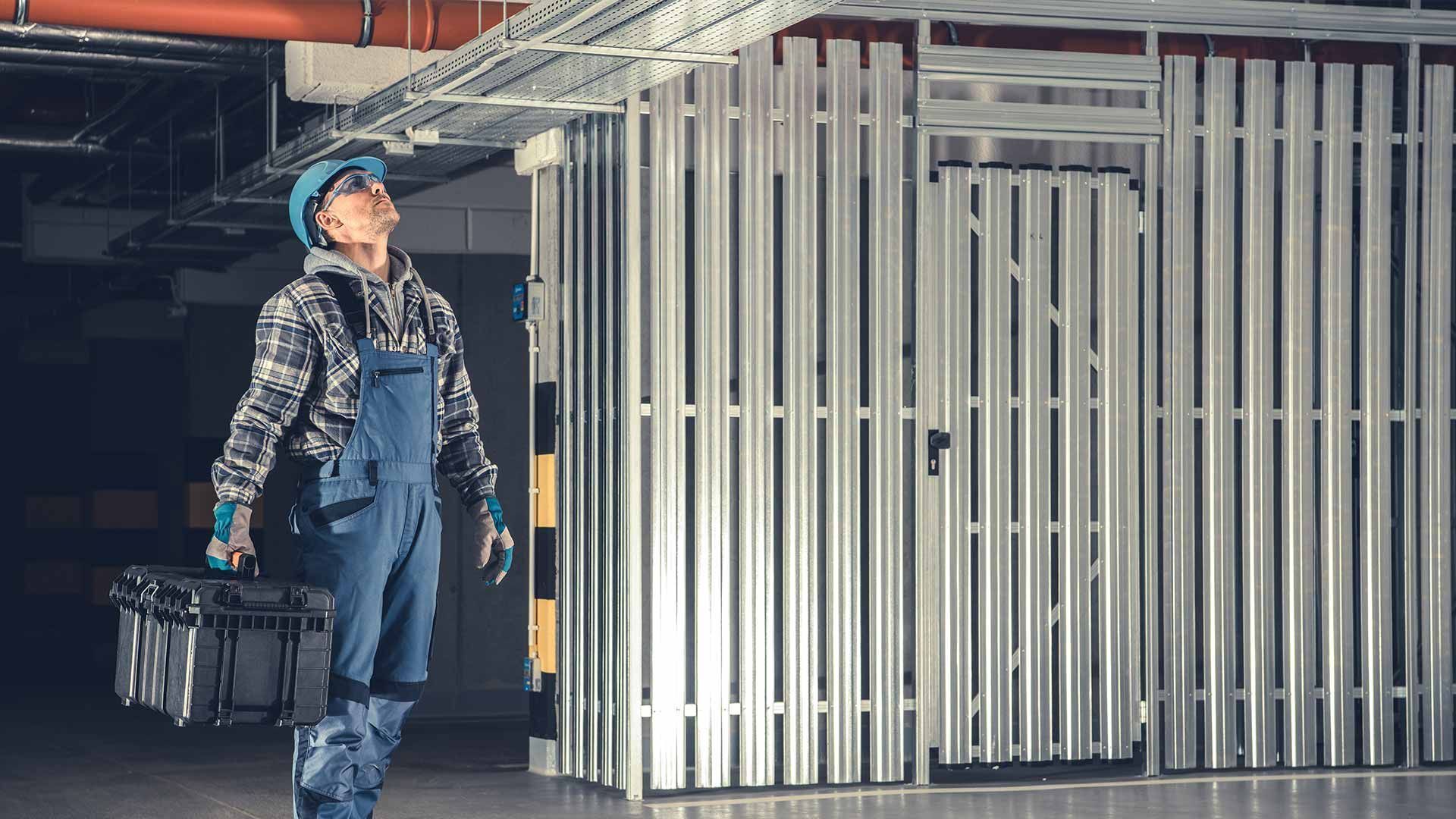Energy Efficiency: How Commercial Gas Line Installation Can Reduce Operational Costs
In the realm of business operations, where every dollar counts, seeking ways to reduce operational costs is paramount. One often-overlooked opportunity to achieve this is through "commercial gas line installation." While businesses focus on various aspects of cost management, the efficiency and effectiveness of gas lines might not receive the attention they deserve. In this article, we'll explore how opting for a commercial gas line installation can become a strategic move for businesses aiming to cut down on operational expenses.
Commercial
gas line installation involves the setup of gas pipelines designed to meet the specific energy needs of businesses. These pipelines supply natural gas or propane to power various equipment and appliances, from heating systems to commercial kitchens. By choosing the right gas line installation and embracing energy efficiency, businesses can not only reduce their utility bills but also contribute to a greener, more sustainable future. Let's delve into the details of how this process can lead to substantial cost savings for businesses of all sizes.
Understanding Commercial Gas Line Installation
To fully appreciate the impact of commercial gas line installation on operational costs, it's essential to understand the fundamentals of this process. Commercial gas line installation involves the setup of gas pipelines designed specifically to meet the energy needs of businesses, whether they operate in the hospitality industry, manufacturing, or any other sector.
The process of installation begins with a thorough assessment of the business's requirements, including the types of equipment and appliances that will be powered by the gas lines. Proper sizing and design of the gas lines are crucial to ensure that the supply meets the demand efficiently.
A key aspect of understanding commercial gas line installation is recognizing that it's not a one-size-fits-all solution. Each installation is tailored to the unique needs of the business, taking into account factors such as the volume of gas required and the layout of the facility.
By comprehending the intricacies of this installation process, businesses can make informed decisions about the scope and scale of their gas line infrastructure, setting the stage for enhanced energy efficiency and reduced operational costs. In the following sections, we'll explore how energy efficiency can translate into significant savings for businesses.
Benefits of Energy Efficiency
Energy efficiency is a cornerstone of cost reduction for businesses, and commercial gas line installation plays a crucial role in achieving these objectives. Understanding the benefits of energy efficiency is key to recognizing how it can positively impact operational costs.
Energy-efficient gas lines and appliances are designed to maximize the utilization of gas while minimizing waste. This translates into cost savings through reduced energy consumption. Businesses that prioritize energy efficiency in their gas infrastructure can expect to see noticeable reductions in their utility bills over time.
Beyond financial savings, embracing energy efficiency also aligns with environmental responsibility and sustainability. Businesses that reduce their energy consumption contribute to a greener future by decreasing their carbon footprint. This environmental stewardship can also resonate positively with customers and enhance a company's reputation.
In summary, the benefits of energy efficiency encompass
both financial advantages, in the form of reduced operational costs, and environmental benefits, which reflect a commitment to sustainability. Commercial gas line installation that prioritizes energy efficiency can be a strategic decision that yields long-term rewards. In the next section, we will delve into the factors that impact operational costs for businesses.
Factors Impacting Operational Costs
Operational costs are a significant concern for businesses, and several factors contribute to these expenses. Among these factors, energy expenses, including those related to gas usage, play a pivotal role in the budgetary equation.
The cost of energy, particularly gas, can fluctuate based on market conditions and demand. Understanding these fluctuations is crucial for businesses looking to manage their operational costs effectively. Additionally, the type and efficiency of the gas infrastructure in place can significantly impact the expenses associated with gas consumption.
Operational costs also encompass maintenance and repair expenses, which can arise when gas lines are not efficiently installed or when gas-powered equipment and appliances are not properly maintained. These costs can accumulate over time, affecting a business's bottom line.
Commercial gas line installation that prioritizes energy efficiency can mitigate the impact of these factors on operational costs. By optimizing gas consumption and reducing waste, businesses can enjoy more predictable and manageable expenses related to their energy needs.
In the next section, we'll explore how commercial gas line installation, specifically designed for energy efficiency, can directly contribute to cost reduction.
How Commercial Gas Line Installation Reduces Costs
Commercial gas line installation can be a strategic investment for businesses aiming to reduce operational costs. Here, we'll delve into how such installations directly lead to cost savings:
1. Enhanced Energy Utilization: Energy-efficient gas lines and appliances are designed to optimize the use of gas, ensuring that every unit of energy is put to practical use. This means that less gas is wasted, resulting in lower gas bills for businesses.
2. Reduced Utility Bills: One of the most direct and immediate benefits of energy-efficient gas line installation is a reduction in utility bills. Businesses can see a noticeable decrease in their monthly gas expenses, leading to cost savings that accumulate over time.
3. Minimized Environmental Impact: By using energy more efficiently, businesses reduce their environmental footprint. This commitment to sustainability can sometimes lead to incentives or rebates from environmental programs, further offsetting costs.
4. Long-Term Sustainability: Energy-efficient gas lines are not just about short-term savings. They contribute to long-term sustainability by extending the lifespan of equipment and reducing the need for repairs and replacements, which can be costly.
5. Improved Reputation: Businesses that prioritize energy efficiency can enhance their reputation, attracting environmentally conscious customers and partners. This positive image can translate into increased business opportunities and revenue.
In essence, commercial gas line installation focused on energy efficiency offers a multifaceted approach to cost reduction. It not only lowers immediate utility bills but also promotes sustainability, long-term savings, and a positive business image. Businesses of all sizes can benefit from embracing this strategy. In the following sections, we'll explore specific considerations related to
gas sources and equipment efficiency.
Comparing Gas Sources: Natural Gas vs. Propane
When considering commercial gas line installation, businesses have a choice between natural gas and propane as their energy source. It's essential to understand the differences between these options and how they can impact operational costs.
Natural Gas:
- Natural gas is a cost-effective and widely available energy source for businesses.
- It is typically supplied through pipelines, making it a convenient option for many commercial establishments.
- Businesses using natural gas often benefit from lower fuel costs compared to alternative sources.
Propane:
- Propane is a versatile and portable energy source, ideal for businesses in remote locations or without access to natural gas pipelines.
- While propane may have slightly higher fuel costs than natural gas, businesses can offset this with energy-efficient equipment and practices.
Comparing the two sources involves assessing factors such as availability, installation costs, and ongoing expenses. The choice between natural gas and propane should align with a business's specific needs and goals for cost reduction.
In the next section, we'll explore how businesses can maximize energy efficiency by selecting energy-efficient appliances and equipment for their gas lines.
Energy-Efficient Appliances and Equipment
To further enhance the benefits of commercial gas line installation, businesses can focus on selecting and maintaining energy-efficient appliances and equipment powered by gas. This approach can significantly contribute to cost reduction and sustainability:
1. Selecting Energy-Efficient Appliances: When choosing gas-powered appliances, businesses should look for energy-efficient models that bear ENERGY STAR® certification or other relevant efficiency labels. These appliances are designed to consume less energy while delivering optimal performance.
2. Regular Maintenance: Proper maintenance of gas-powered equipment is essential for energy efficiency. Regular servicing and upkeep ensure that appliances operate at their peak efficiency, reducing energy waste and preventing costly breakdowns.
3. Upgrading to Modern Equipment: Older gas-powered equipment may be less energy-efficient than newer models. Consider upgrading to more efficient appliances and machinery to maximize energy savings over time.
4. Optimizing Operations: Implement operational practices that prioritize energy efficiency, such as turning off equipment when not in use, using programmable thermostats, and adopting best practices for kitchen appliances.
5. Monitoring and Tracking: Implement systems to monitor gas consumption and identify areas where efficiency improvements can be made. Data analysis can reveal opportunities for further cost reduction.
By focusing on the
efficiency of gas-powered appliances and equipment, businesses can reduce their energy consumption, lower operational costs, and contribute to sustainability efforts. In the following sections, we'll delve into best practices for commercial gas line installation and how businesses can calculate the return on investment (ROI) for these projects.
Best Practices for Commercial Gas Line Installation
To ensure that the commercial gas line installation yields the maximum benefits in terms of cost reduction, businesses should adhere to best practices throughout the process:
1. Choose Experienced Contractors: Select contractors with expertise in commercial gas line installation. Experienced professionals can design and install gas lines efficiently, minimizing the potential for errors and ensuring compliance with safety regulations.
2. Prioritize Safety Measures: Safety is paramount during installation and ongoing operations. Ensure that safety measures, such as leak detection systems and emergency shut-off valves, are in place to protect both personnel and the facility.
3. Comply with Regulations: Adhere to local regulations, codes, and standards related to gas line installation. Compliance not only ensures safety but also prevents costly fines and legal issues.
4. Proper Sizing and Design: Ensure that the gas lines are appropriately sized and designed to meet the specific energy demands of the business. Over- or undersized gas lines can lead to inefficiencies and increased costs.
5. Regular Maintenance: After installation, establish a routine maintenance schedule for gas lines and equipment. Regular inspections and servicing can catch potential issues early and prevent costly repairs.
Conclusion
In conclusion, the decision to invest in commercial gas line installation holds the potential for substantial cost savings and long-term benefits for businesses. Understanding the significance of energy efficiency and the factors impacting operational costs is the first step towards making informed choices in this regard.
By prioritizing energy-efficient gas lines, selecting efficient appliances and equipment, and adhering to best practices during installation, businesses can significantly reduce their energy consumption and, subsequently, operational expenses. Moreover, this commitment to energy efficiency aligns with sustainability goals, contributing to a greener future.
To determine the viability of a commercial gas line installation project, calculating the return on investment (ROI) is essential. This ROI analysis helps businesses assess the financial feasibility of the installation, ensuring that it aligns with their long-term cost-saving objectives.
At
Frati Plumbing, we specialize in providing expert guidance and services for energy-efficient commercial gas line installation. Our experienced team is dedicated to helping businesses reduce operational costs while promoting sustainability. For a consultation or to learn more about our services, please contact us at
707-217-2712. Make the smart choice today and embark on a path towards energy efficiency, cost reduction, and a brighter future for your business.
FAQs
